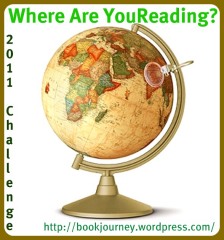This week’s Booking Through Thursday Prompt asks: “All other things being equal–do you prefer used books? Or new books? (The physical specimen, that is, not the title.) Does your preference differentiate between a standard kind of used book, and a pristine, leather-bound copy?”
My answer isn’t terribly deep, and I’m afraid it will disappoint anyone who has romantic notions about the way books smell and how the pages yellow, and all of that, but I just like to read. I don’t really have a book fetish. I am attracted to pretty covers, and I prefer a book I purchase to be new. If it’s going to be marked in or damaged in any way, I prefer that I am the person to do it first. I know used books can be cheaper, but there it is. I don’t collect old books, either, and I guess I’m one of those folks who doesn’t much see the point in doing it. Autographed copies are different to me. I love to get my books signed by authors.
After I bought my Kindle, I had some friends who thought I had gone over to the Dark Side. I kept hearing things like the books smell so good, and you can’t beat the way paper feels, and, and and… And I don’t get books to sniff them or touch them.
I have a strong romantic streak about just about everything. Except books. Weird because of how much I love to read, I know, but there it is.
I can actually hear you clucking your tongue, and it’s not bothering me. Not even a little bit.


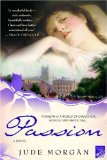



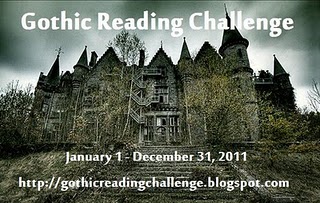
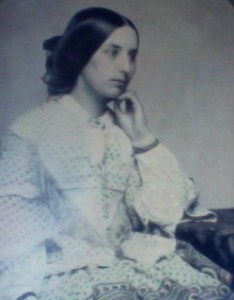
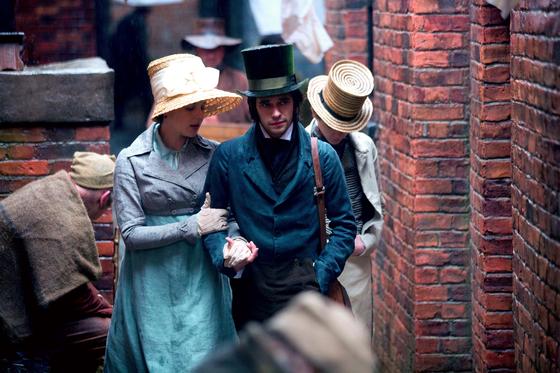
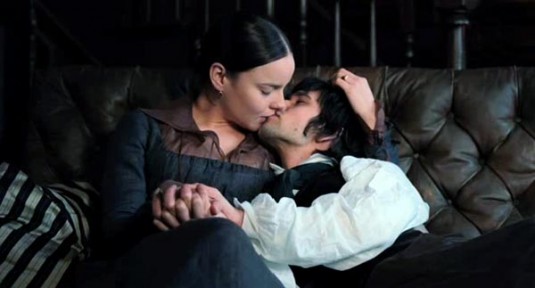
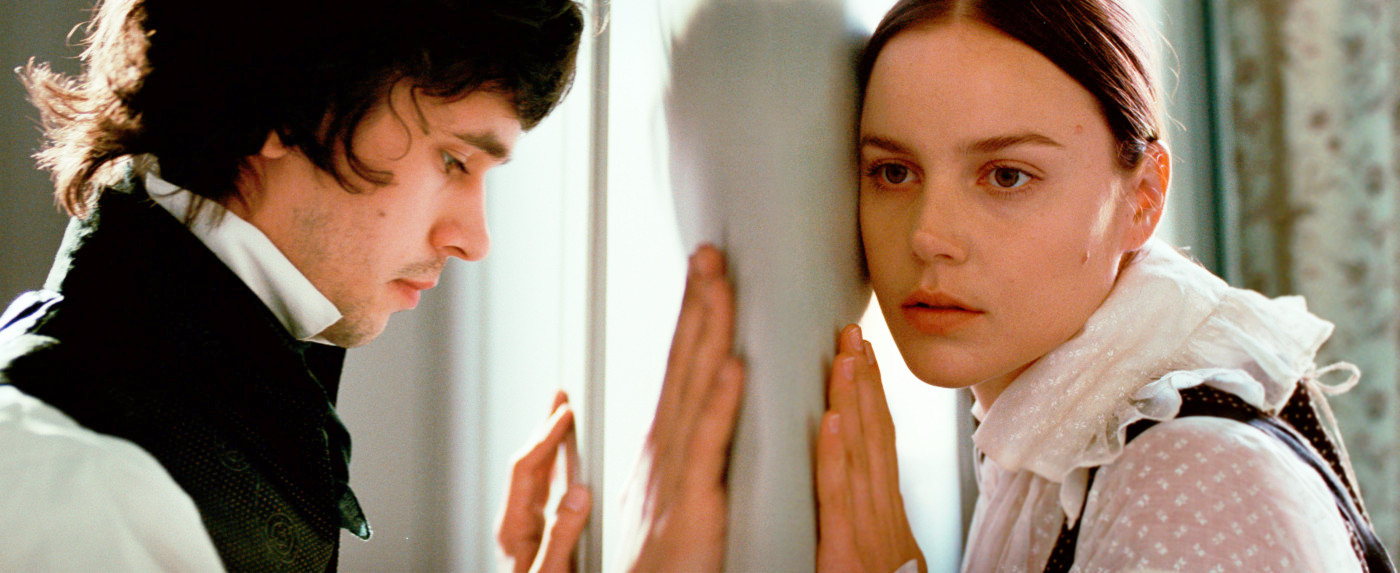
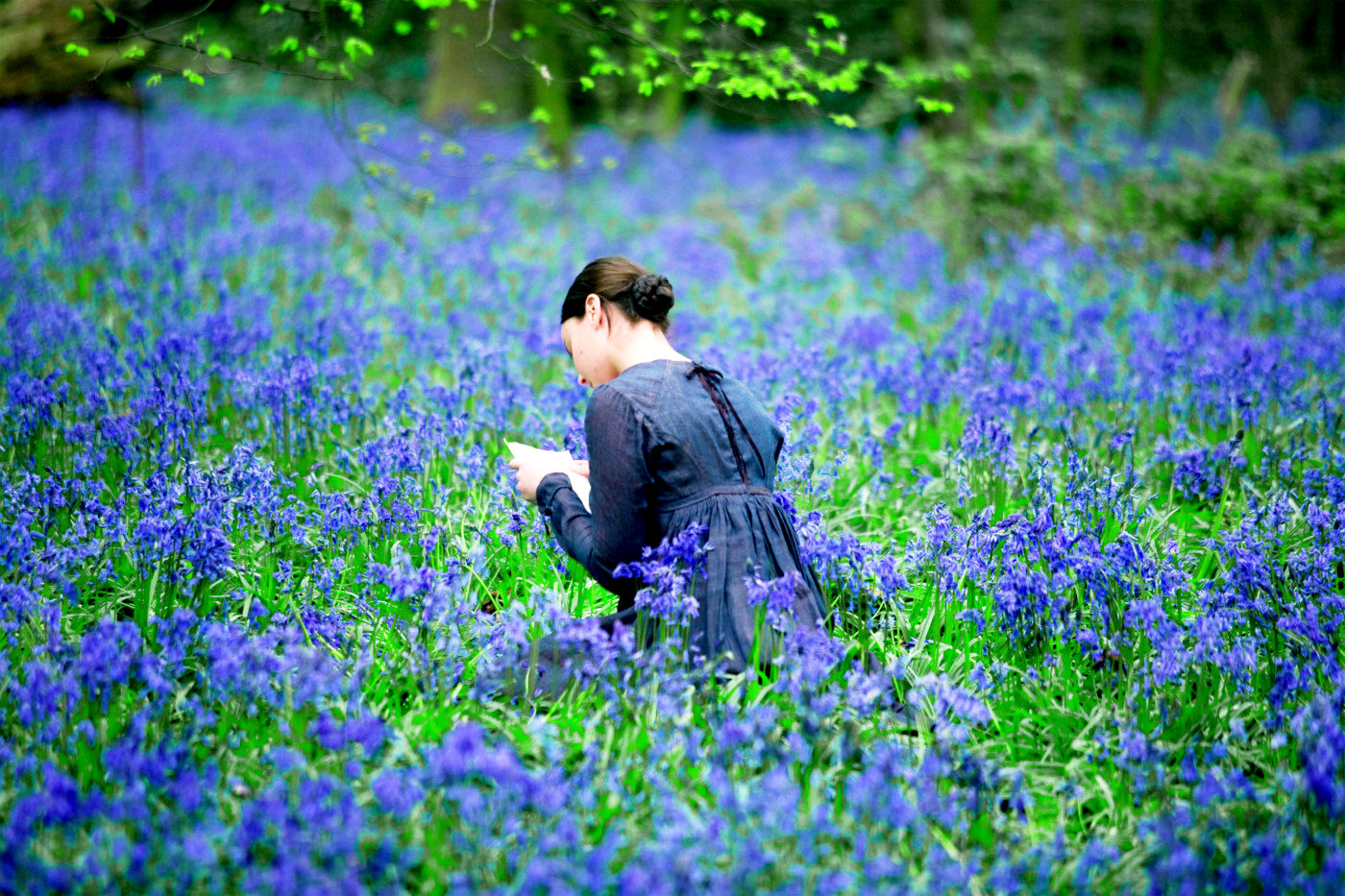
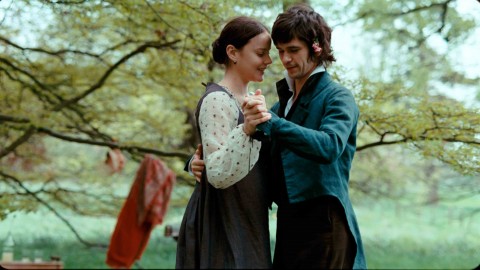
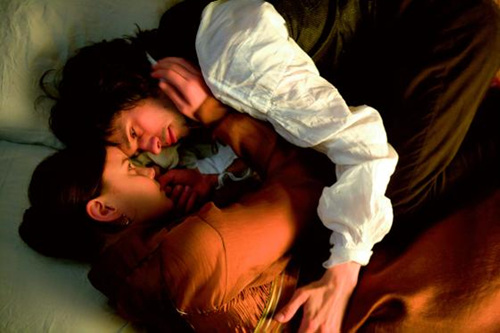
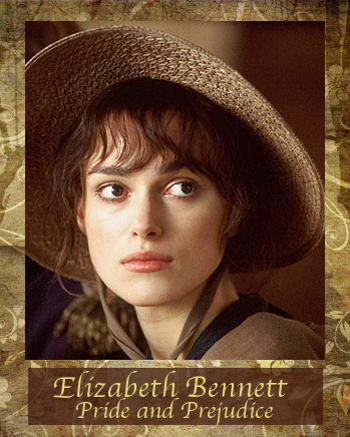
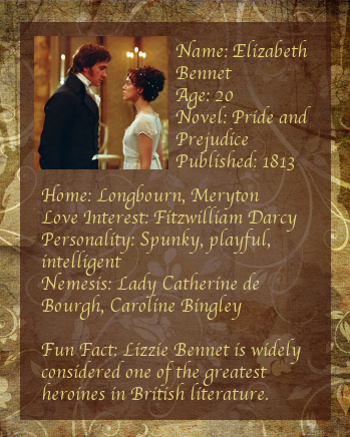
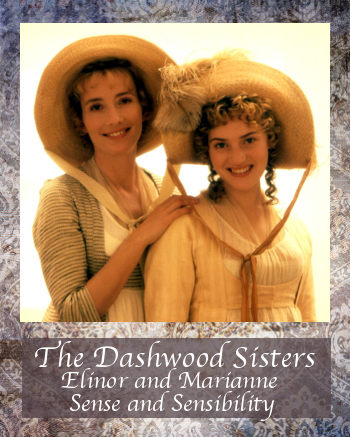
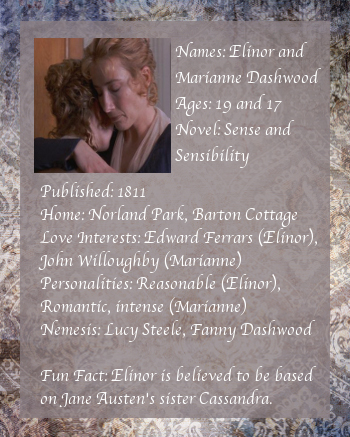
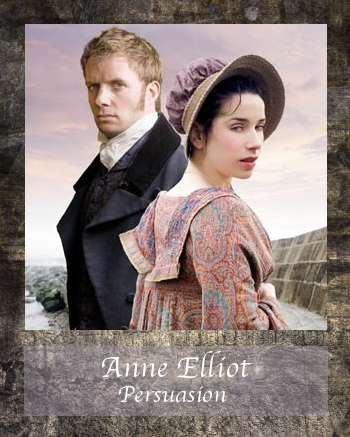
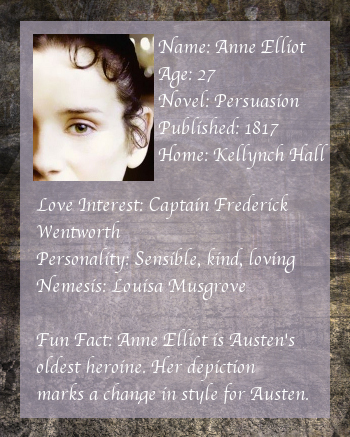
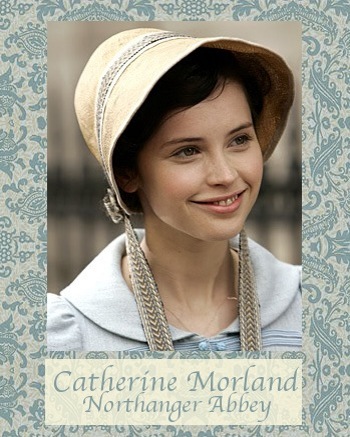
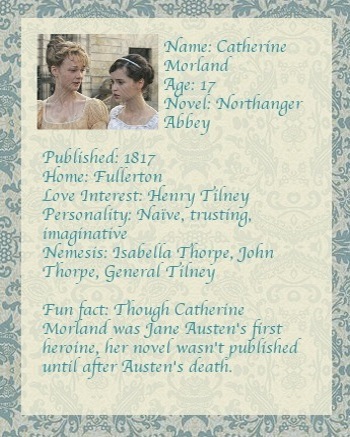
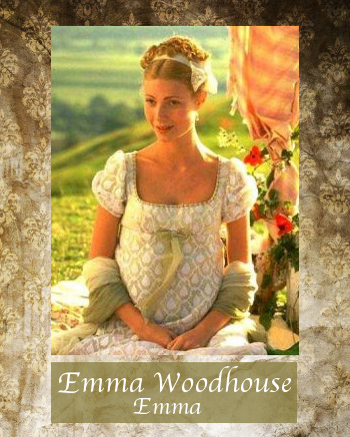
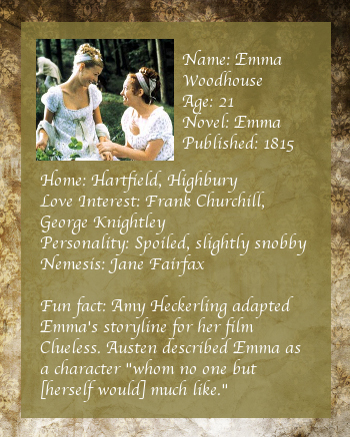
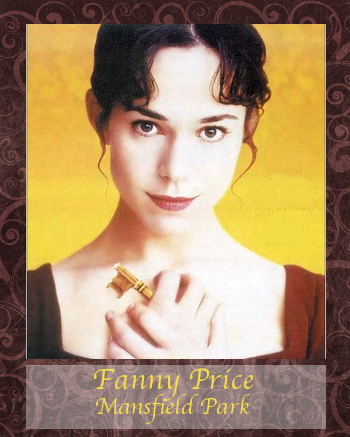
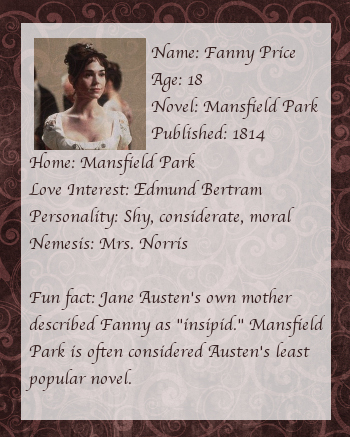





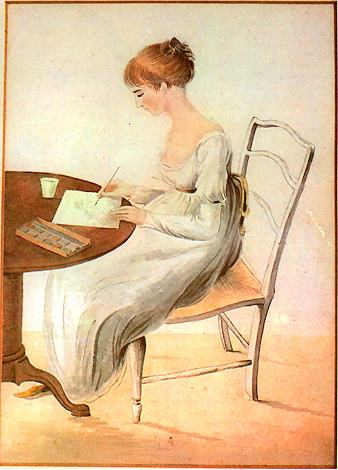
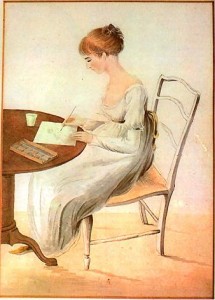



 How much am I enjoying Jude Morgan’s novel
How much am I enjoying Jude Morgan’s novel 